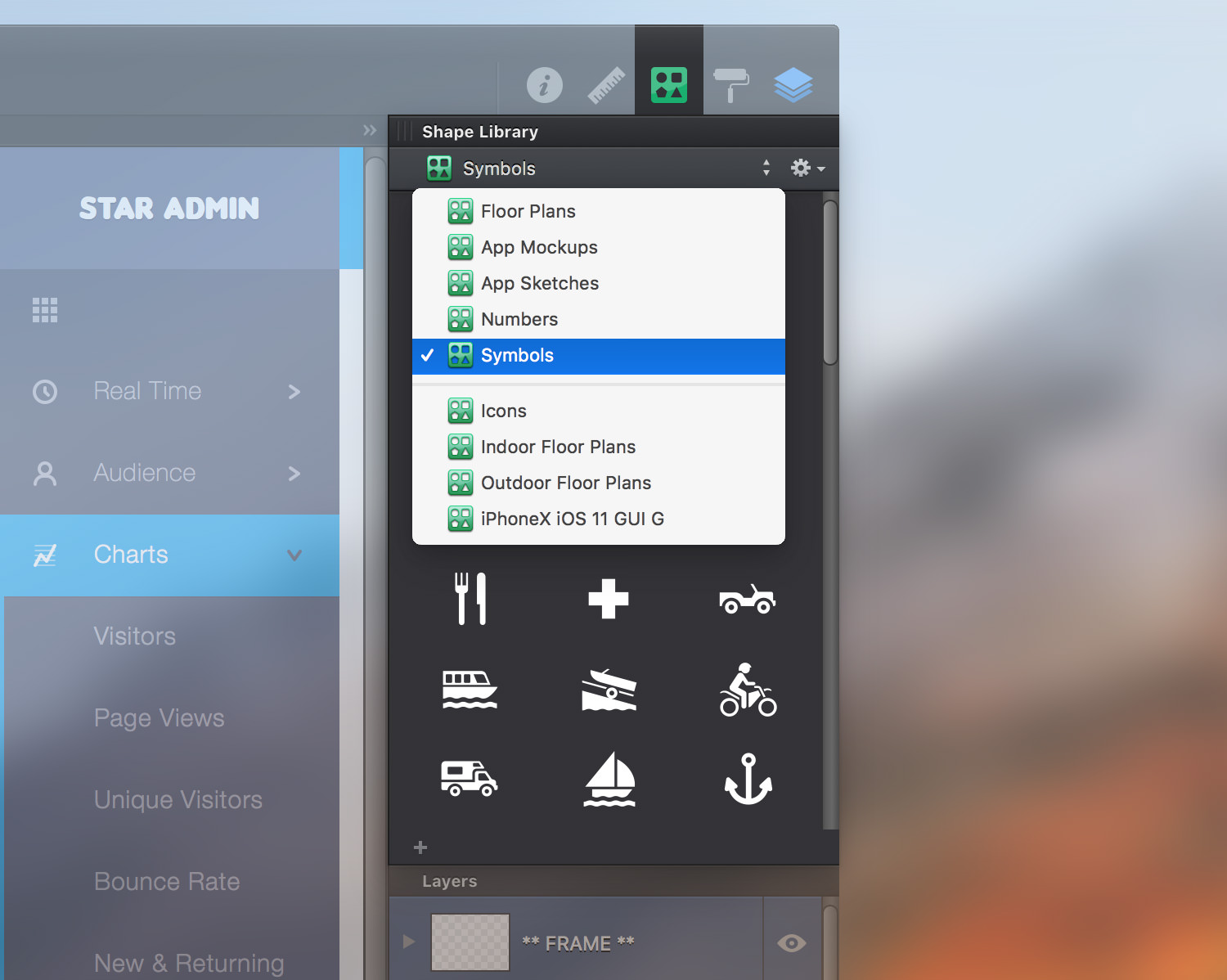Bgi stands for Borland Graphics Interface, it is a graphic library. This library loads graphic drivers and vector fonts (.CHR). This library loads graphic drivers and vector fonts (.CHR). Closegraph deallocates the memory allocated by the system graphics and then restores the screen to the mode it was before calling initgraph. Copy/Paste and Library Save/Load are both subject to the same glitch. Use on of the 2 methods mentioned above. Afterward, open the expression to edit. In the Shape expression window, choose the graphic icon and click somewhere in the window different than where the original graphic was.
Cay S. Horstmann
I created the Simple Java Graphics library for the CS46A Udacity course. It is similar to the standard Java graphics library, but it works better with BlueJ. Here, you will find an overview of the library, the API documentation, and a cookbook for translating your simple graphics programs to standard graphics.
Using the Graphics Library
Download and unzip this file.
Simply include the classes that you need (or, if you prefer, all classes) in your project. You always need Shape, Canvas, and Color. Then add Rectangle, Ellipse, Text, Line, and Picture as needed.
Construct a shape and then either draw it or fill it. Ableton live 10 authorize.auz file. (Filling fills the entire shape with its color.)
You can change a shape by translating (i.e., moving) or growing it.
All changes to a shape are instantaneous. For example, if you view a Rectangle object in BlueJ and change the color, position, or size (with setColor, translate, or grow), the shape gets updated right away.
Constructing Shapes
To construct a rectangle, give the x- and y- positions of the top left corner, the width, and the height. For an ellipse, give those values for the bounding box of the ellipse.
For a line, specify the end points. For text, specify the top left corner and the string to be drawn.
To construct a picture, provide the name of the image file, and then move it to the desired location with the translate method.
You can get the the width and height of any shape with the getWidth, and getHeight methods. The getX and getY methods return the coordinates of the top left corner. For convenience, getMaxX and getMaxY return the coordinates of the bottom right corner.
Canvas Methods
Graphic Shape Library For Kindergarten
All shapes are drawn on an object of type Canvas. You don't need to worry about it, but the Canvas class has a couple of convenience methods.
Canvas.pause() pops up a dialog so that the drawing is stopped until the user dismisses the dialog. This can be useful when you want to see a picture before you change its pixels.
Canvas.snapshot() takes a snapshot of the canvas, fades it, and sets the faded image as the canvas background. Any newer drawings appear at full intensity. By taking repeated snapshots, you can show movement.
Pictures and Pixels

The Picture class can be used to add images to scenes, or to write programs that manipulate pixels.
If you want to do the latter, you can construct an empty picture as
You access the pixels of a picture with the methods getColorAt and setColorAt. You can use a single integer index to access the pixels.
The index goes from 0 to pic.pixels() - 1, where pic.pixels() is the total number of pixels in the image. It is the same as pic.getWidth() * pic.getHeight().
This one-dimensional index is useful if you simply want to iterate over all pixels and transform them in a uniform way, for example to make all pixels in an image redder.
Alternatively, you can access pixels by their x and y coordinates, for example
Here, x goes from 0 to pic.getWidth() - 1 and y goes from 0 to pic.getHeight() - 1.
Finally, you can get a two-dimensional array of gray levels between 0 and 255 with the call
Why not an array of colors? This method is used for some practice assignments with two-dimensional arrays, and an array of int is easier to work with than an array of Color values.
Note that the row index is the y-coordinate and the column index is the x-coordinate; that is, grays[y][x] is the gray level of pix.getColor(x, y).
API Documentation
Follow this link.
Changing to Standard Java
If you can't use the simple graphics library, make these changes in your program.
- Use
Rectangle2D.Double,Ellipse2D.Double,Line2D.Doublefrom thejava.awt.geompackage instead ofRectangle,Ellipse,Line - Place your drawing code inside a class
- In the drawing instructions, put the code that you would have placed in
main, and change all callsshape.draw()tog2.draw(shape)andshape.fill()tog2.fill(shape). However, forTextobjects, there is no analogous object. Instead, useg2.drawString(x, y, messageString). - Use
java.awt.Colorinstead of theColorclass. Replaceshape.setColor(c);withg2.setColor(c);just before drawing or filling the shape. - Add a class
Now you probably know why I supply the simple library instead :-)